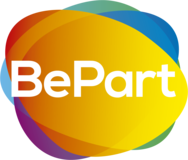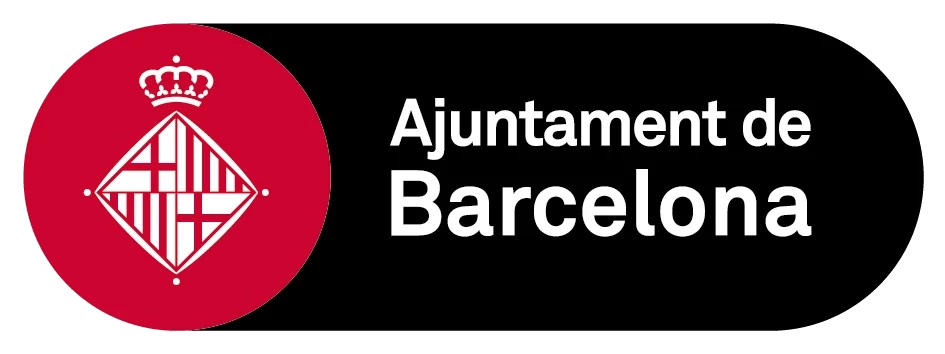Publications & resources
Our publications and other resources to keep learning, reflecting and investigating
Further resources
Student Voice: Pump It Up
by Russell J. Quaglia and Michael J. Corso
<< Talking and listening to students should be top priority in schools. // Involving students in school decision-making increases their engagement and encourages their growth. // Just because students want to have a voice doesn’t mean they know how—teaching them how to contribute is key. >>
Read the document: PDF
FACILITATION OF DELIBERATION IN THE CLASSROOM: The Interplay of Facilitative Technique and Design to Increase Inclusiveness
by Kei Nishiyama, Wendy Russell, and Pierrick Chalaye
<< The central topic of this article is the role of facilitators, not in public deliberation but in classroom deliberation. Echoed by the growing number of deliberative democracy practices in the real world, there are various examples of the practical application of deliberative theories to citizenship and democratic education. This work focuses on the potential of deliberation to enrich pedagogy and student experience, but also on classrooms as a training ground for practicing deliberation among current and future citizens. >>
Read the document: PDF
Glossary on Youth Participation
By SALTO Participation and Information Resource Centre
Go to the Glossary: WEB
Understanding Youth Participation - Pool of resources on Youth Participation
By SALTO Participation and Information Resource Centre
<< In order for a process or structure, such as a Youth Council, or a youth related activity to be regarded as a genuine example of youth participation, it needs to fulfill three conditions:
- Young people need to take part in it
- Be genuinely empowered to express their views and opinions about the questions being discussed
- Be given a real opportunity to have influence and some say over the outcome >>
Go to the Pool: WEB
New and innovative forms of youth participation in decision-making processes
By Anne Crowley & Dan Moxon
<< Over recent years, young people have been accused of disengaging from society. Much of the available research indeed indicates that young people have been turning away from what is called more ‘traditional’ participation mechanisms such as voting in elections and membership of political parties and trade unions. Some commentators insist that young people are not disengaging, they have just found different – new and innovative – ways to make their voices heard and that sometimes these methods are less visible to decision makers. This study set out to explore these alternative, new and innovative forms of youth participation. >>
Read the document: PDF
Resources on Youth Participation
by Council of Europe
Go to the Resources: WEB
Toolkit for teachers
by Universities of the Future
This toolkit for teachers (tools and methodologies) includes a set of elementary learning tools that can be used for up-skilling and re-skilling students and workforce.
Have a look at the document: PDF




